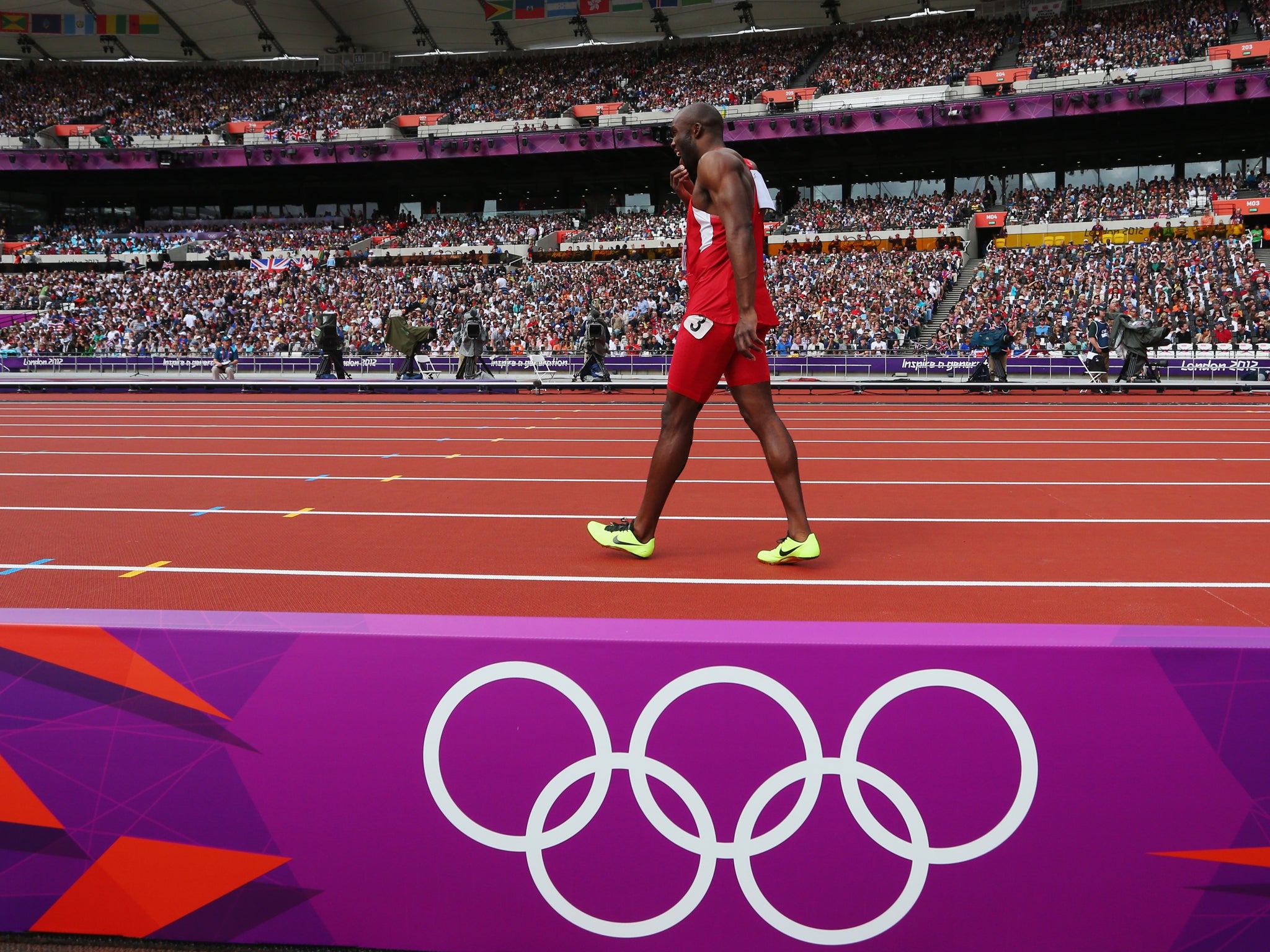BOA welcome move to double ban for drugs cheats to four years
The BOA's lifetime ban was overturned in the Court or Arbitration for Sport in May

Your support helps us to tell the story
From reproductive rights to climate change to Big Tech, The Independent is on the ground when the story is developing. Whether it's investigating the financials of Elon Musk's pro-Trump PAC or producing our latest documentary, 'The A Word', which shines a light on the American women fighting for reproductive rights, we know how important it is to parse out the facts from the messaging.
At such a critical moment in US history, we need reporters on the ground. Your donation allows us to keep sending journalists to speak to both sides of the story.
The Independent is trusted by Americans across the entire political spectrum. And unlike many other quality news outlets, we choose not to lock Americans out of our reporting and analysis with paywalls. We believe quality journalism should be available to everyone, paid for by those who can afford it.
Your support makes all the difference.World anti-doping chiefs today insisted the proposed tougher sanctions for drugs cheats should bring an end to the British Olympic Association's aim to revive their lifetime ban for dopers.
The World Anti-Doping Agency (WADA) will double the ban for serious offences, such as taking steroids, to four years from 2015 under its new draft code.
The BOA's lifetime ban was overturned in the Court or Arbitration for Sport in May after action by WADA but it has continued to press to be allowed to retain full control of their selection process.
WADA president John Fahey said the new code would reflect calls from many countries for tougher sanctions but maintain a global, harmonised code.
Fahey told a conference call: "The court made it abundantly clear that it was paramount there be harmonisation.
"The draft code reflects the desire to increase sanctions and that four-year [ban] will take out somebody competing at the next Olympics, but it is not specific to the BOA or the Olympic movement.
"It is simply a four-year term catch-all that strengthens the code.
"The BOA had their own bylaw which ended in court and was not accepted.
"There was overwhelming support for increased sanctions and a life ban is still available for multiple offences as it is in the old code."
Fahey said WADA had received legal advice that the four-year ban for a first offence would not be overturned in court.
The BOA said the tougher penalties were a step in the right direction.
BOA spokesman Darryl Seibel said: "There has been broad consensus that a two-year sanction for a serious first-time doping offence was insufficient and did not send the right message as a deterrent to those who might consider breaking the rules. By strengthening the sanction, WADA is moving in the right direction."
The longer ban would see athletes miss at least one Olympic Games - effectively enforcing the same measure as the International Olympic Committee's so-called Osaka Rule which was dropped last year.
The Osaka Rule was successfully challenged by American sprinter LaShawn Merritt in the Court of Arbitration for Sport last year.
Merritt was banned for 21 months in 2009 but under Rule 45 he would also have been excluded from this summer's Games in London.
His case was taken up by the United States Olympic Committee and he was cleared to compete, but pulled up in the 400 metres semi-final with a hamstring problem.
WADA confirmed the Osaka rule is not in the draft version of the code.
A statement on the WADA website read: "The present draft (of the WADA code) substantially strengthens the sanctions for serious violations, increasing from two years to four years the penalties, for example, for the use of anabolic steroids, human growth hormone, masking agents, trafficking and prohibited methods.
"Consequently, Rule 45 of the Olympic Charter has not been included in the draft version of the code. Also known as the Osaka Rule, it was part of the Olympic Charter until last year when it was ruled non-compliant with the code."
PA
Join our commenting forum
Join thought-provoking conversations, follow other Independent readers and see their replies
Comments